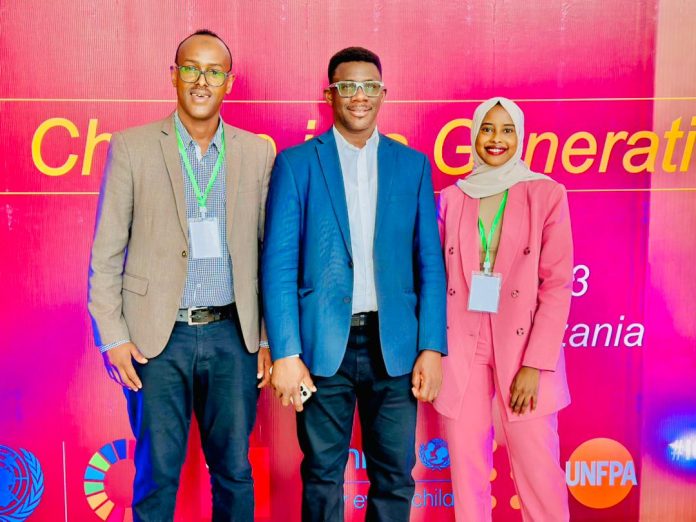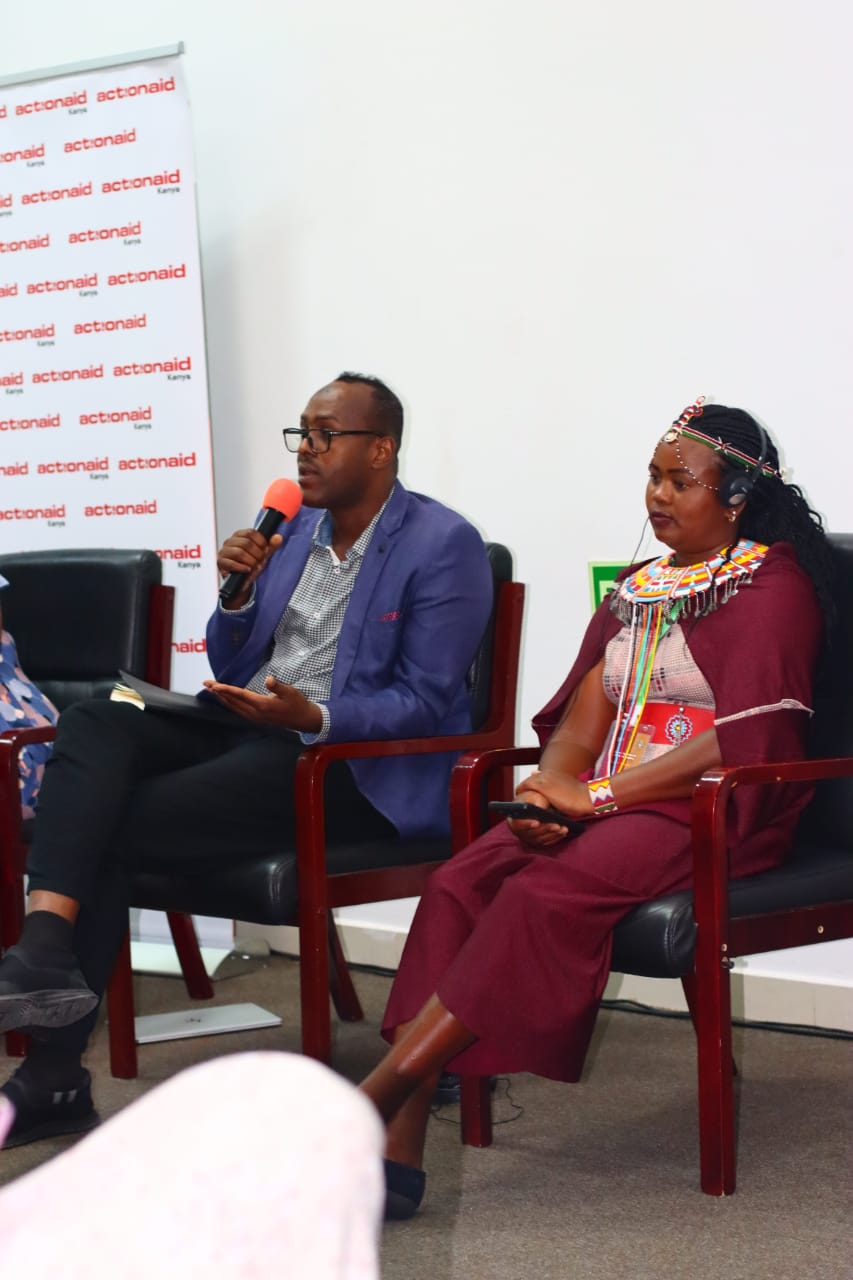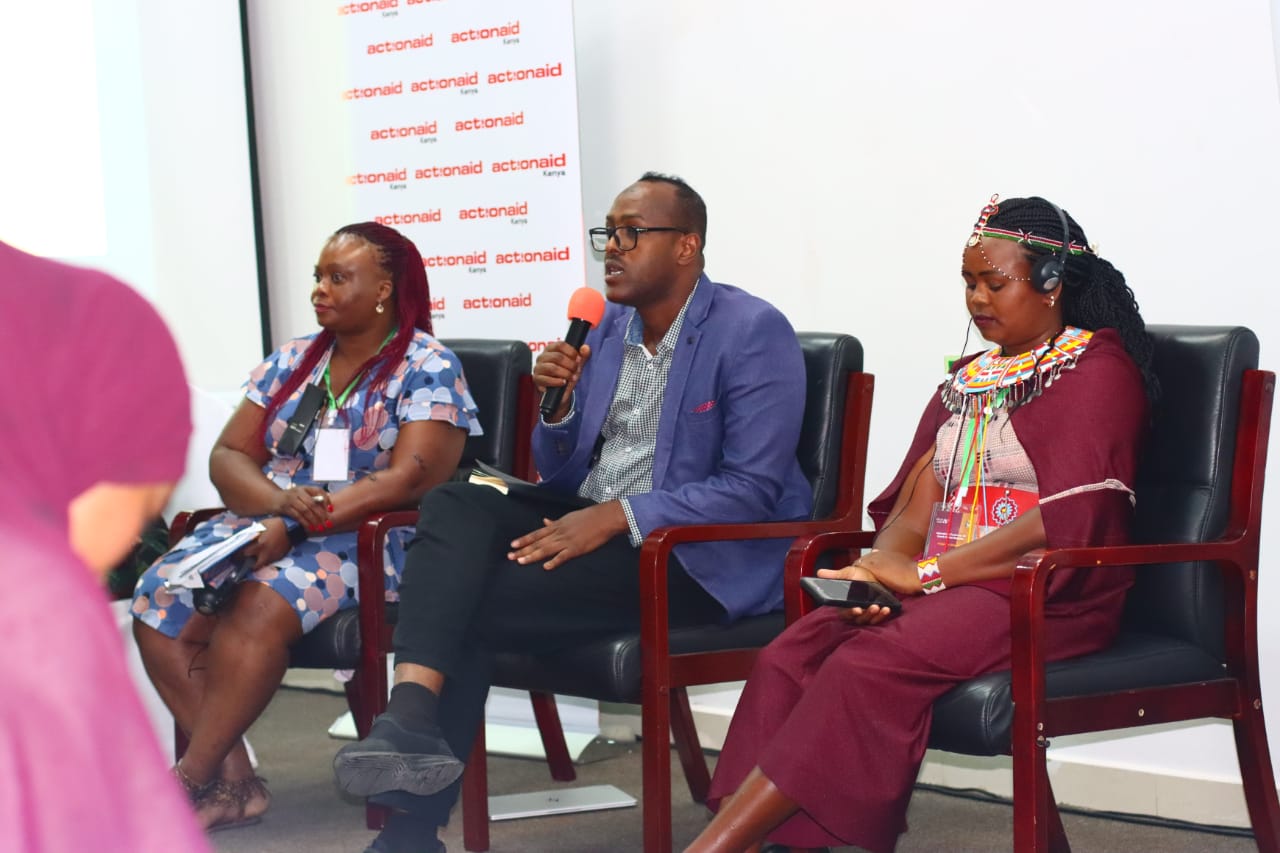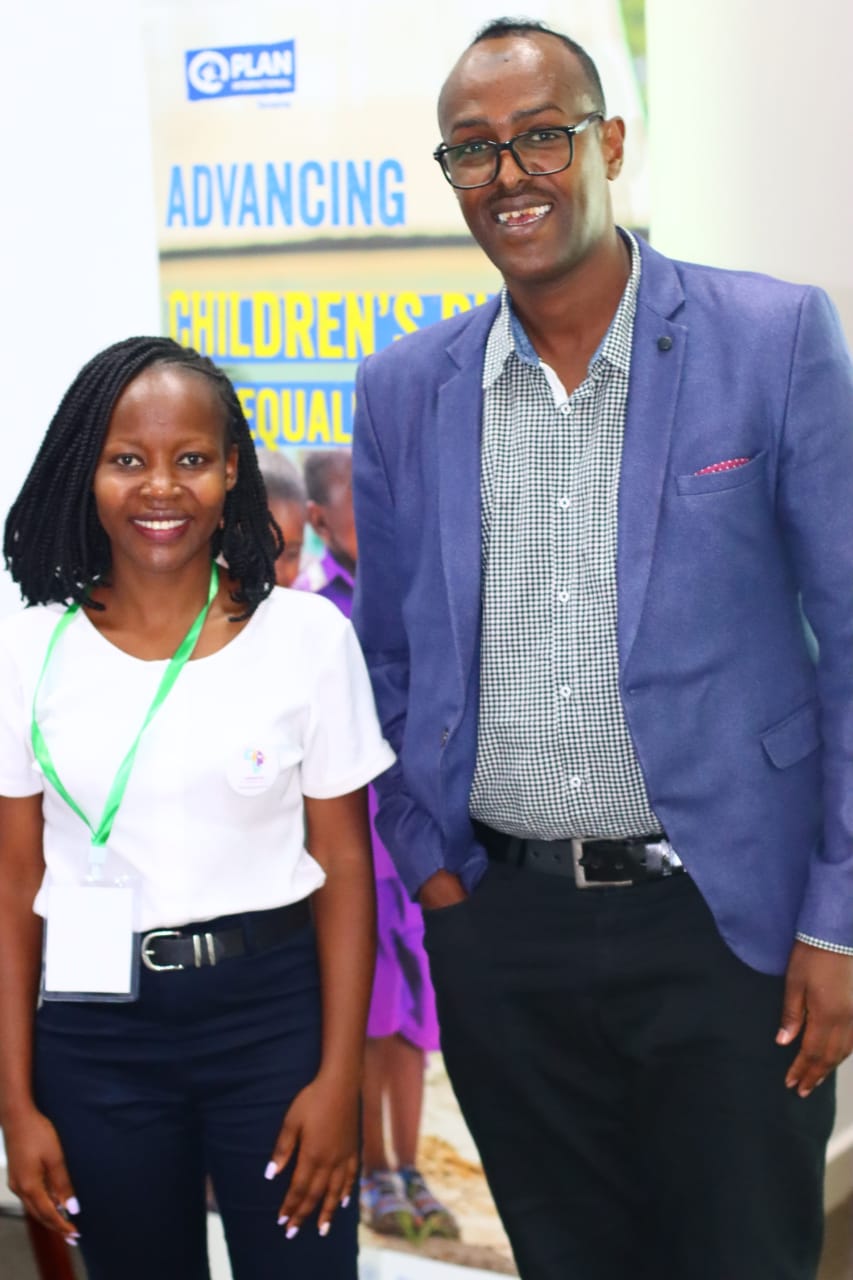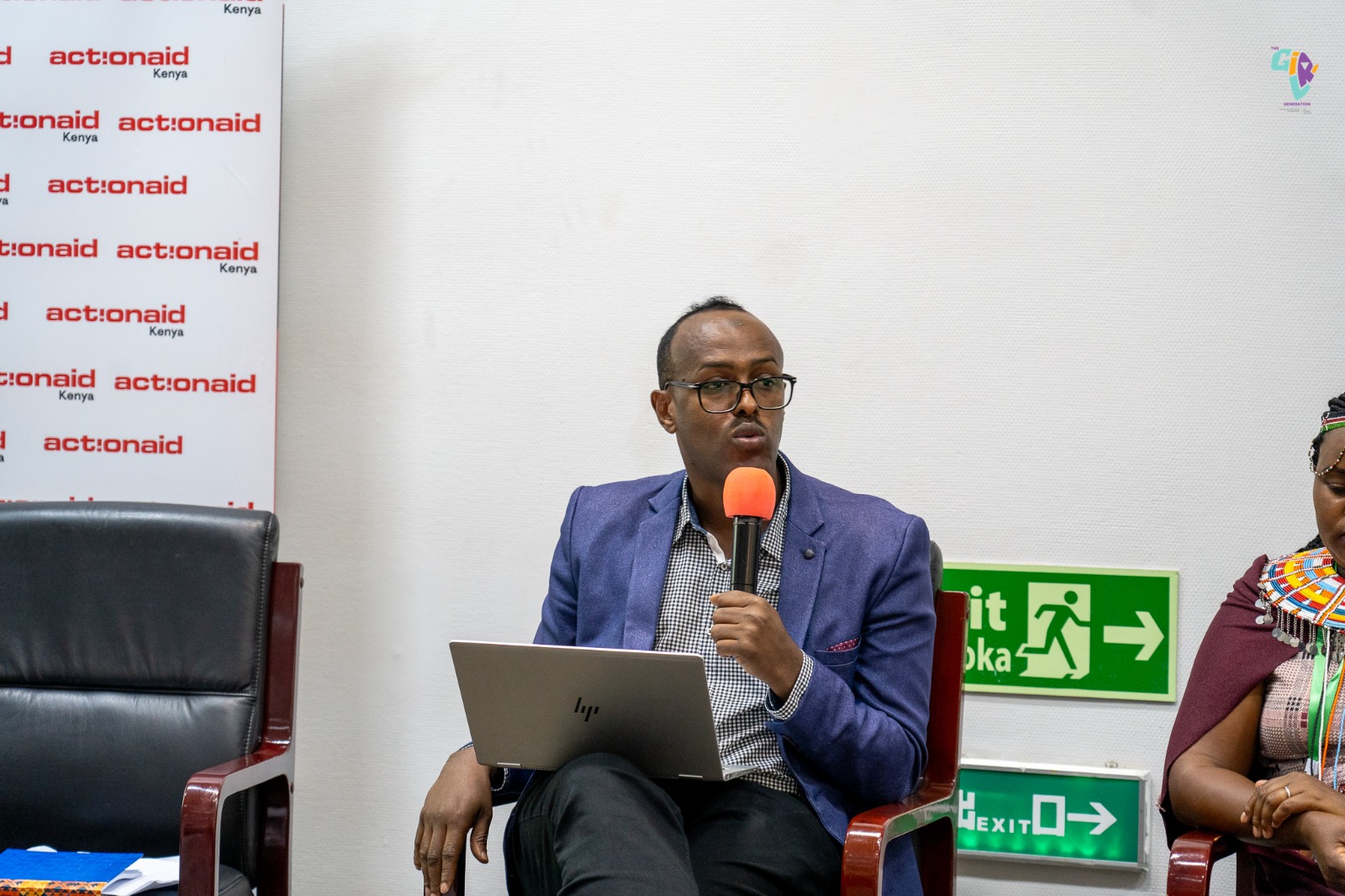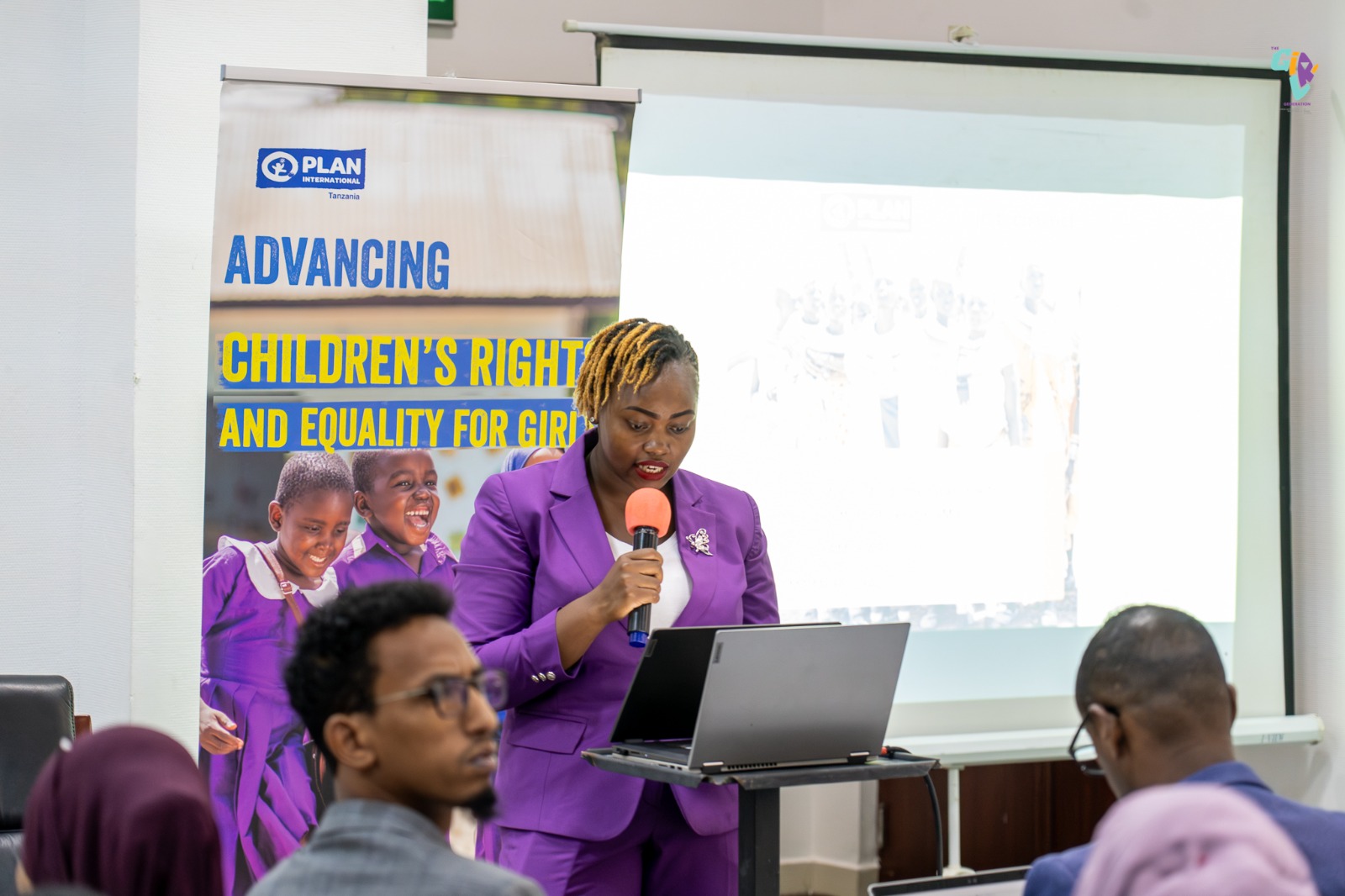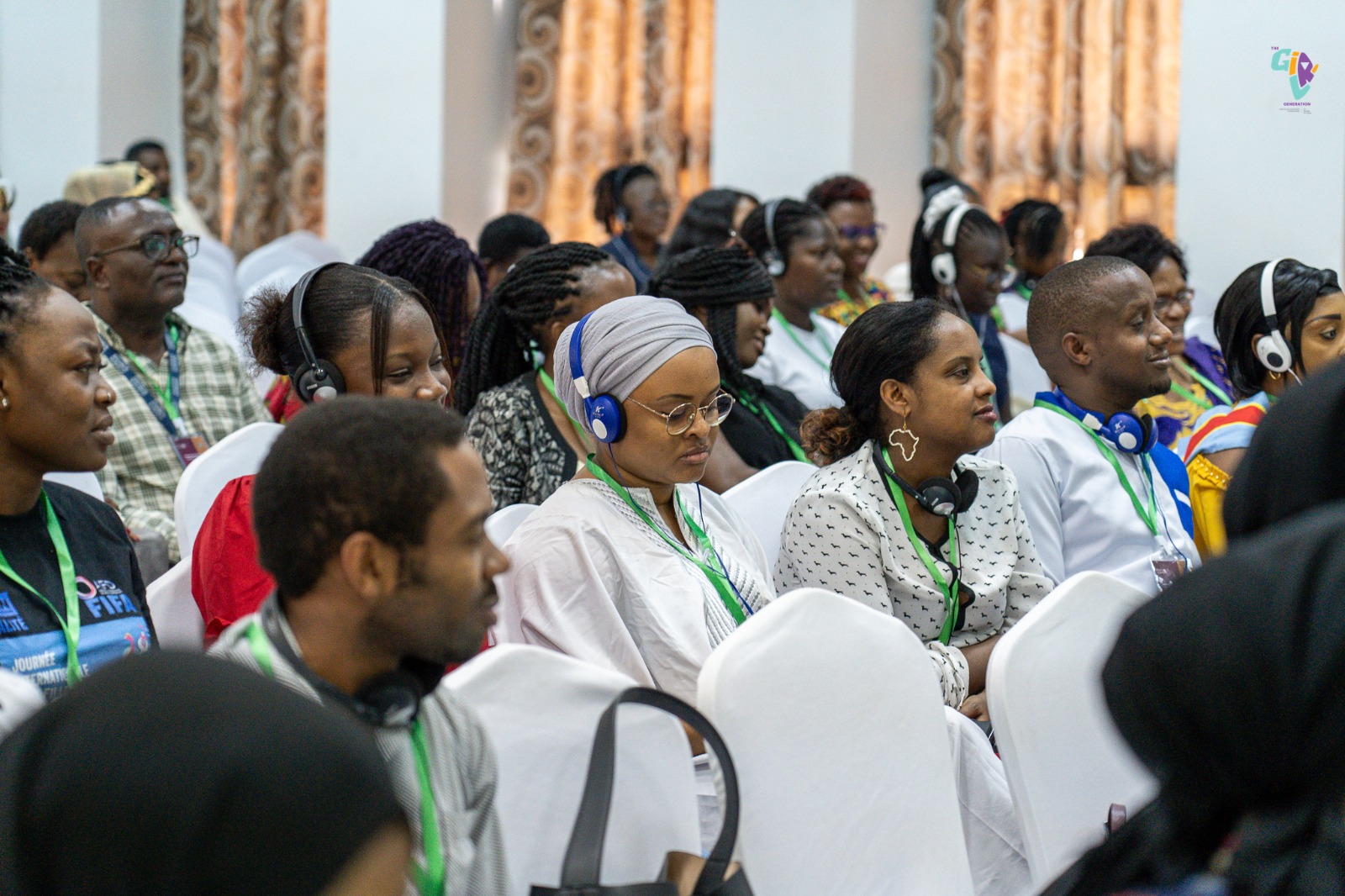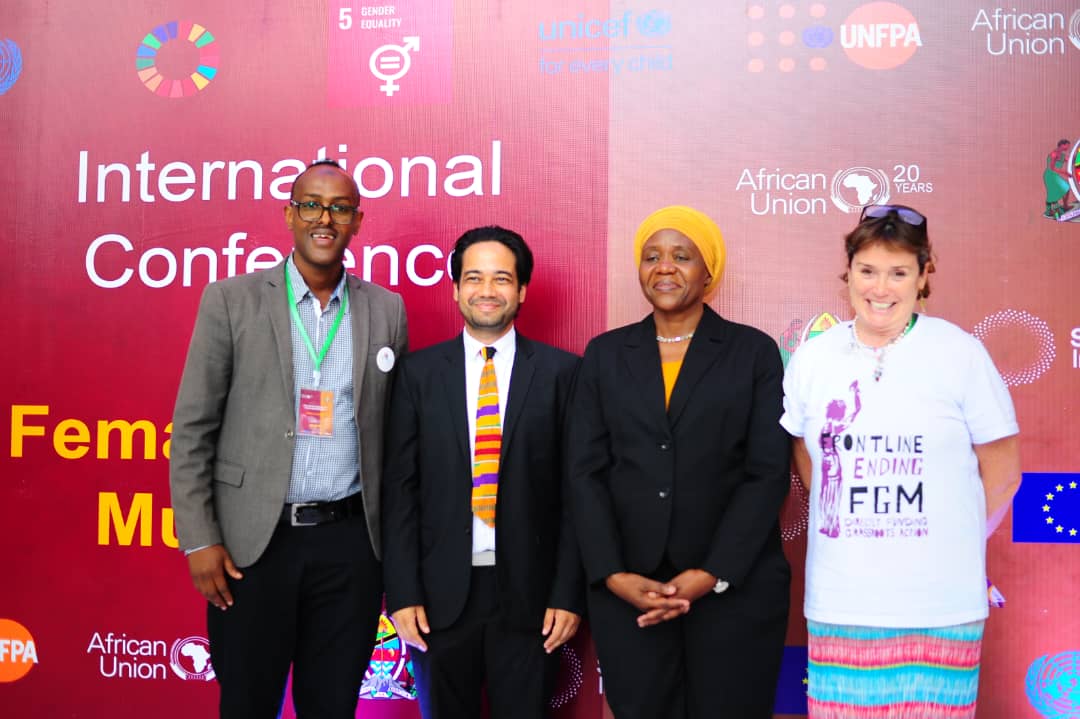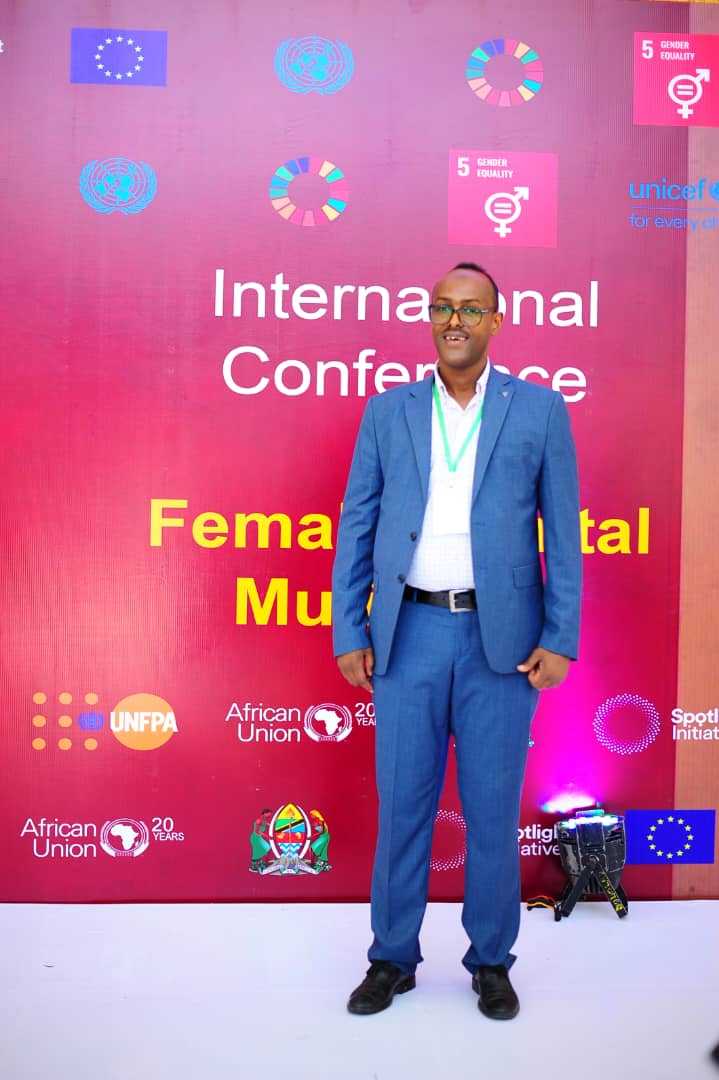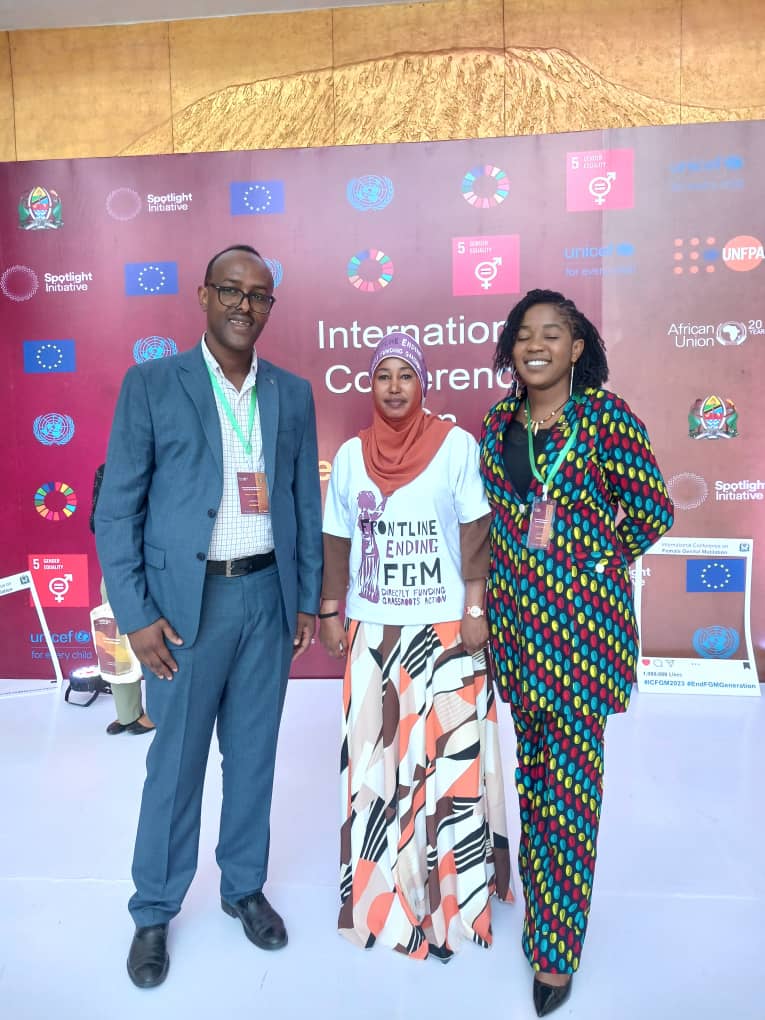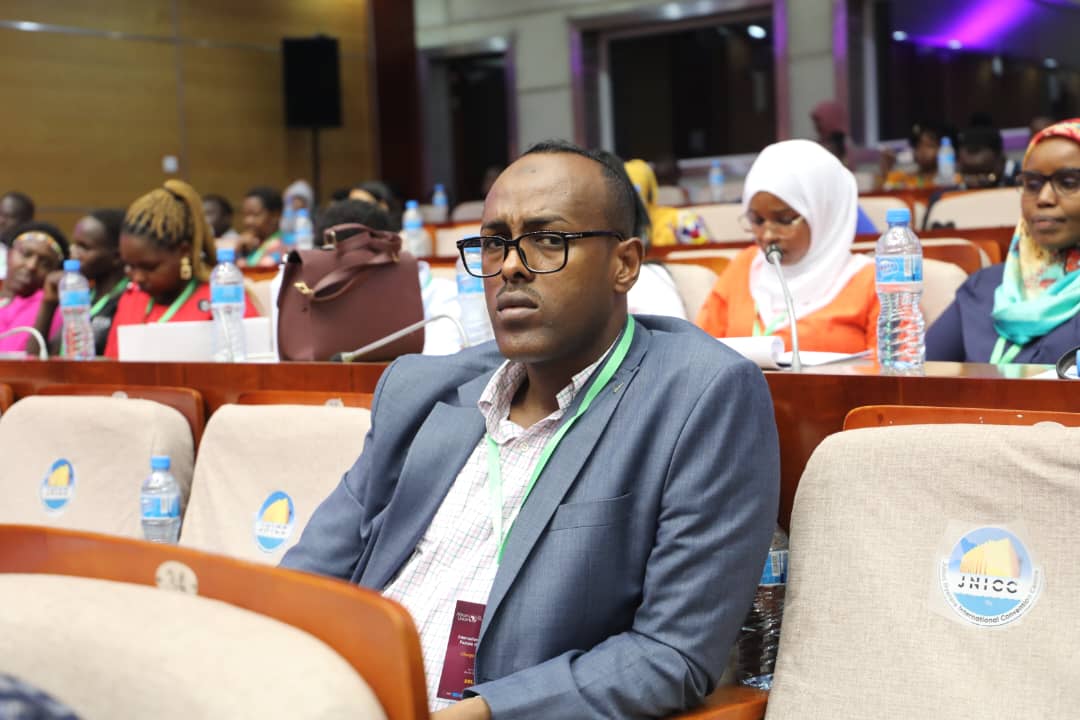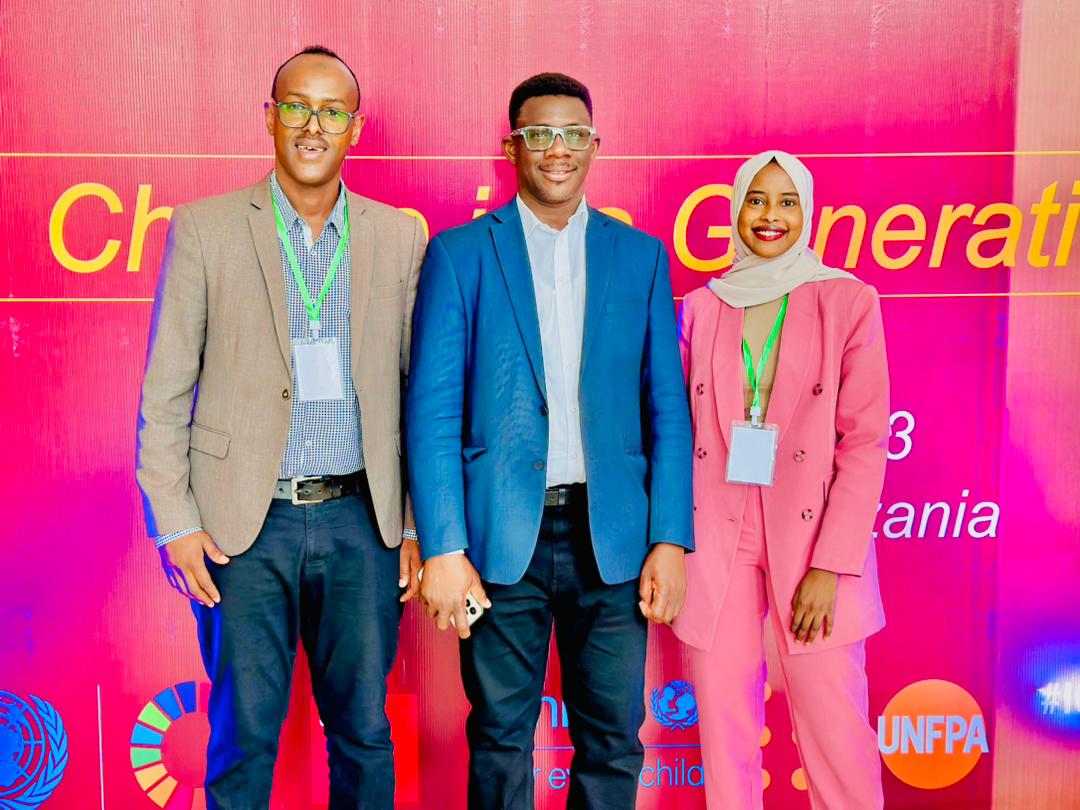On October 9–11, on behalf of Somaliland Y-PEER, I attended the 2nd International Conference on Female Genital Mutilation (ICFGM2023), whose theme was “Change in a Generation,” which was supported by The Girl Generation: Support to the Africa-led Movement to End FGM/C (TGG-ALM). This conference brings together the African Union Member States, the International Community, the United Nations, international organizations, civil society organizations, women and girls, young people, religious and traditional leaders, and other stakeholders.
In the conference, I attended a panel discussion on Transforming Social and Gender Norms: Success Stories from the Grassroots in Campaign Efforts to End FGM/C, in which I presented the following points:
The engagement of male allies in gender transformative programming is crucial for achieving gender equality and promoting positive social change. Here are some key lessons and aspects to consider:
- Inclusion and active participation: Engaging male allies requires creating inclusive spaces where men feel welcome and encouraged to participate. It’s important to involve men in discussions, decision-making processes, and actions related to gender equality.
- Education and awareness: Male allies need to understand the issues and challenges faced by women and marginalized genders. Providing education and raising awareness about gender inequalities, discrimination, and the benefits of gender equality can help foster empathy and understanding.
- Challenging traditional gender norms: Gender transformative programming aims to challenge and transform traditional gender norms and stereotypes. Male allies can play a significant role in dismantling harmful gender expectations and promoting more equitable and diverse notions of masculinity.
- Accountability and responsibility: Male allies should take responsibility for their own actions and behaviors, as well as the actions of other men. This involves challenging and holding other men accountable for sexist or discriminatory attitudes and actions.
- Building alliances and solidarity: Male allies should actively seek to build alliances and work in solidarity with women and marginalized genders. This involves recognizing and supporting the leadership of women and marginalized genders, amplifying their voices, and advocating for their rights and needs.
- Self-reflection and personal growth: Engaging male allies in gender transformative programming requires ongoing self-reflection and personal growth. It’s important for men to examine their own beliefs, biases, and privileges, and to continuously learn and unlearn to become more empathetic, supportive, and inclusive.
- Long-term commitment: Gender equality is a long-term goal, and the engagement of male allies should be seen as an ongoing process. It’s important to sustain their involvement and commitment by providing continuous opportunities for learning, growth, and action.
- Recognizing privilege and power dynamics: Male allies in gender transformative programming should recognize their privilege and the power dynamics that contribute to gender inequality. They should understand and acknowledge the ways in which they benefit from existing gender norms and actively work towards dismantling them.
- Education and awareness: Male allies need education and awareness on gender issues, including an understanding of the impacts of harmful norms and practices on women and girls. This involves learning about gender inequality, patriarchy, and the intersectionality of gender with other social identities.
- Creating safe spaces: It is important to create safe and inclusive spaces where male allies can openly discuss gender issues, challenge their own biases, and learn from the experiences of women and marginalized genders. These spaces should encourage dialogue, empathy, and self-reflection.
- Active listening and learning: Male allies should prioritize active listening and learning from women and marginalized genders. They should engage in meaningful conversations, seek feedback, and be open to constructive criticism. This helps foster understanding, empathy, and a commitment to change.
- Taking responsibility and action: Male allies should take personal responsibility for challenging and changing harmful gender norms and practices. This includes advocating for gender equality in their personal relationships, workplaces, and communities. They should actively support initiatives that promote women’s empowerment and work towards creating a more equitable society.
- Amplifying women’s voices: Male allies should use their privilege and platforms to amplify the voices and experiences of women and marginalized genders. This involves actively promoting gender equality, advocating for women’s rights, and creating opportunities for women’s leadership and participation.
- Long-term commitment: Engaging male allies is not a one-time event but a continuous process. It requires a long-term commitment to sustained learning, unlearning, and action. Male allies should consistently challenge their own biases, support gender equality initiatives, and be accountable for their actions.
The engagement of male allies in gender transformative programming involves creating an inclusive and supportive environment, educating and raising awareness, challenging traditional gender norms, promoting accountability, building alliances, and fostering personal growth and long-term commitment.
Overall, the engagement of male allies in gender transformative programming requires self-reflection, education, active listening, and taking responsibility for promoting gender equality. It involves recognizing privilege, amplifying women’s voices, and committing to long-term change. By working together, male allies can play a critical role in challenging harmful social norms and creating a more inclusive and equitable society.
Mohamed Dama
Executive Director
Somaliland Y-PEER






























